7:00AM to 5:00PM
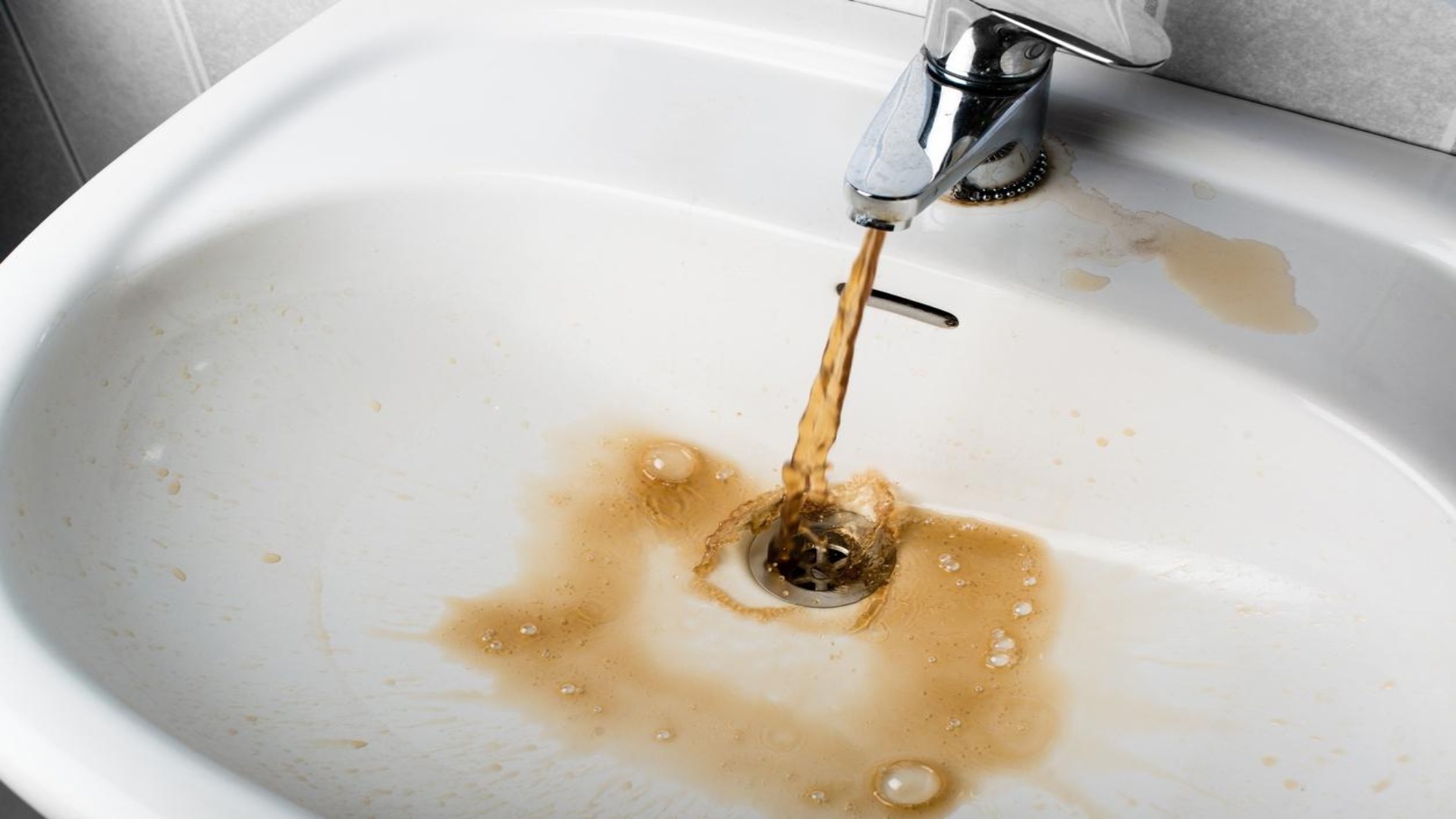
There’s nothing quite as unsettling as turning on your tap, expecting crisp, clean water, and instead being greeted by a murky brown stream. If you’ve ever experienced this, you’re not alone. Rusty tap water is a surprisingly common issue, often caused by old, corroding pipes or a rusting water heater. While it might look alarming, the good news is that there are ways to fix it—and prevent it from happening again.
So, how do you navigate this murky issue? How do you fix rusty tap water? And how can you ensure that your water supply stays clear and safe in the future? If these questions have started to loom in your mind, you’re in the right place. Let’s find out!
To understand the root causes of rusty tap water, we must venture beneath the surface and into the heart of your home’s water supply system. The water supply—often running seamlessly and unnoticed—can become compromised when rust particles infiltrate it. This can happen when the interior of your water heater tank or water pipes begins to corrode, which is not as uncommon as you might think.
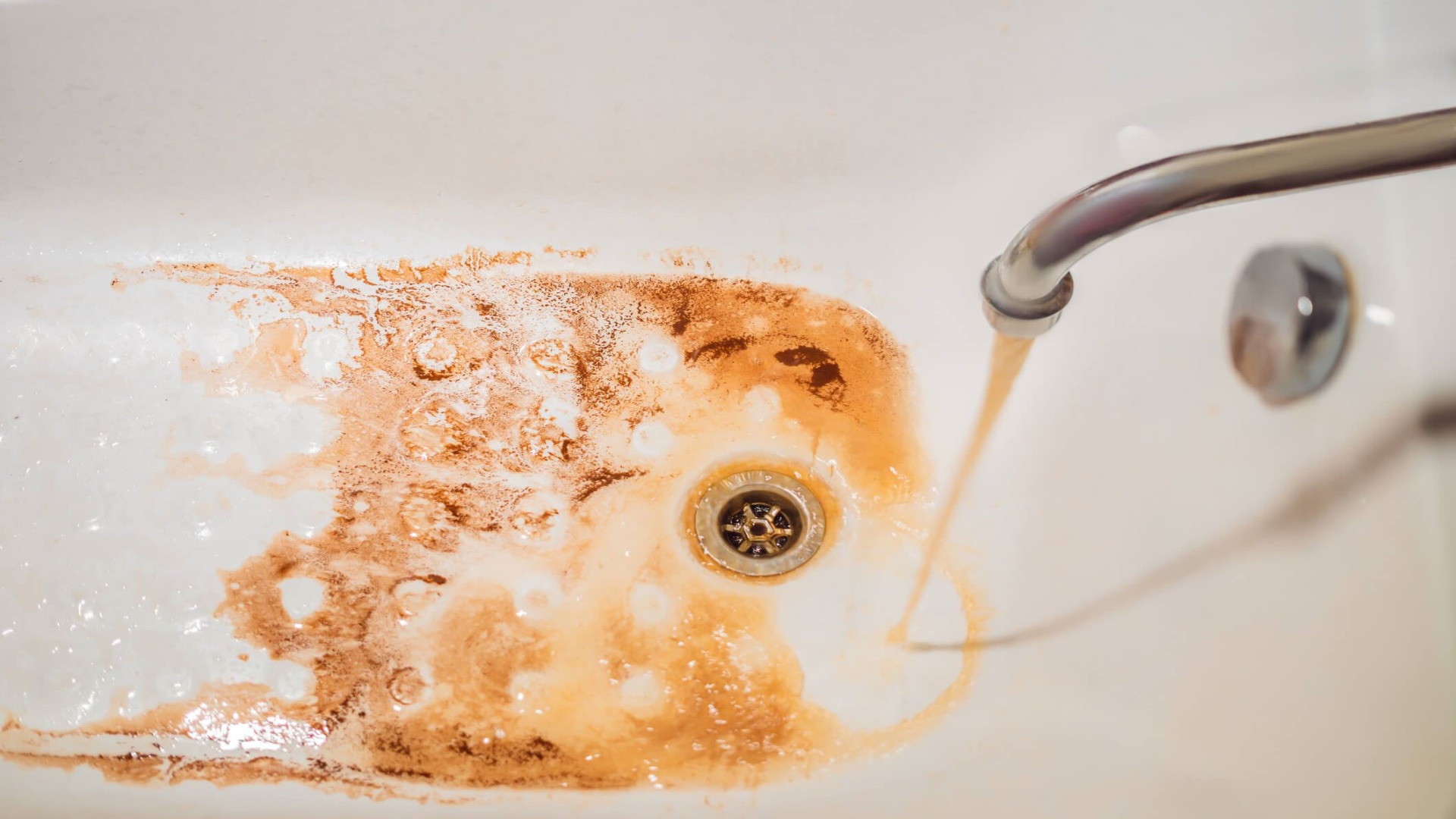
Corrosion is a slow but inevitable process, especially in older iron or steel pipes. Over time, rust builds up, eventually breaking free and mixing with your water—turning it into that unappetising shade of brown. It’s like an unwanted time capsule from your plumbing’s past, showing up right in your sink.
Think your home is safe because you have modern plastic pipes? Not necessarily. If they’re connected to an ageing metal water heater or tank, rust can still make its way into your water. So, even if your plumbing is relatively new, it’s worth checking your water heater to rule out the problem.
Seeing rust-coloured water in your home naturally raises some big questions—mainly, is it safe? While using it for bathing or cleaning isn’t usually a health risk, drinking it is another story. Rust itself isn’t toxic, but it could be a sign of other contaminants lurking in your pipes, which is why it’s best to get it checked out.
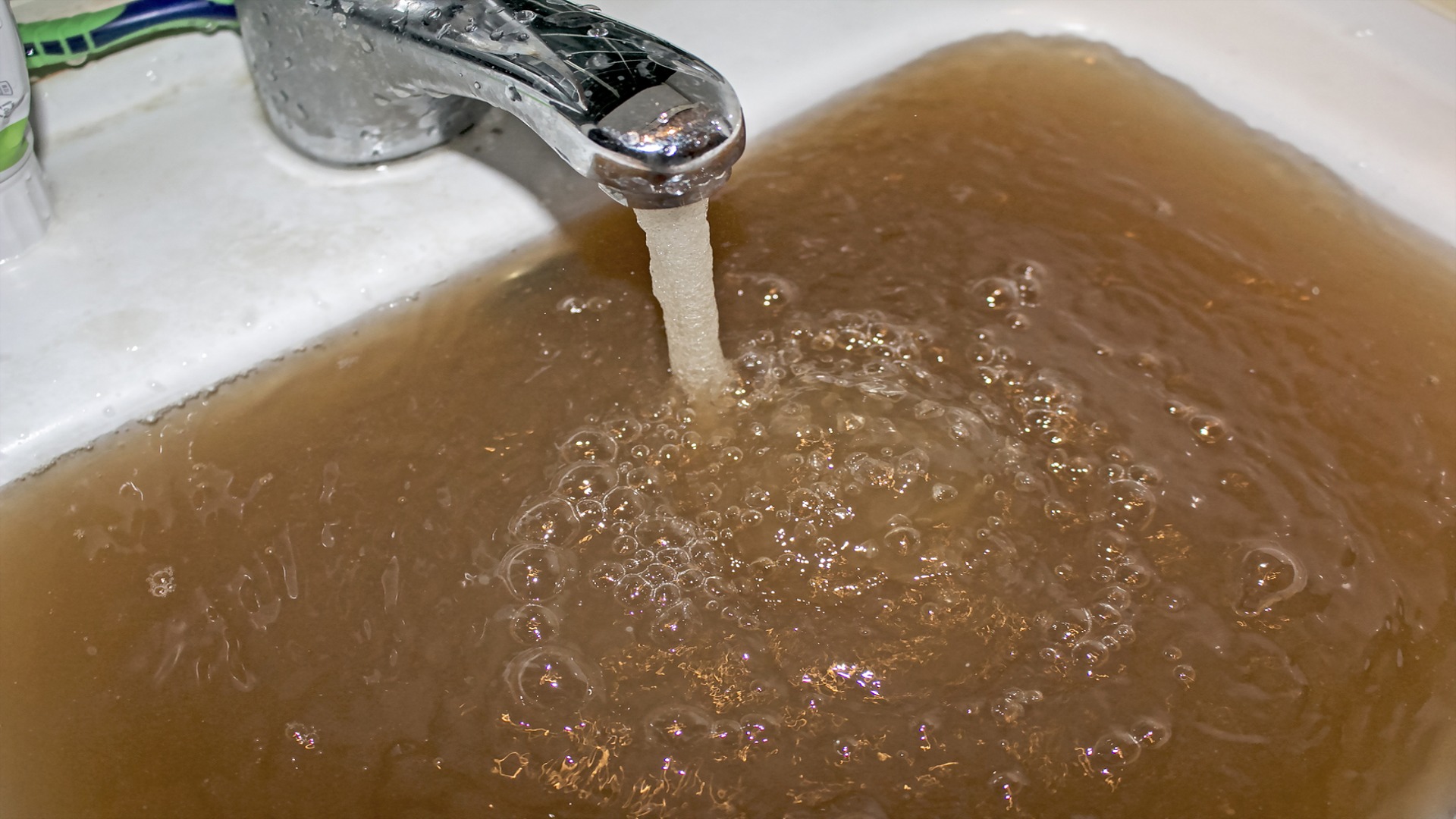
Rust particles in your water supply are more than just a cosmetic issue. They can carry other contaminants, such as lead, especially in older homes with lead pipes. This is a significant concern, as exposure to lead, even in small amounts, can harm health, particularly in children.
When monitoring your home’s water supply for rust, there are several key indicators to watch out for:
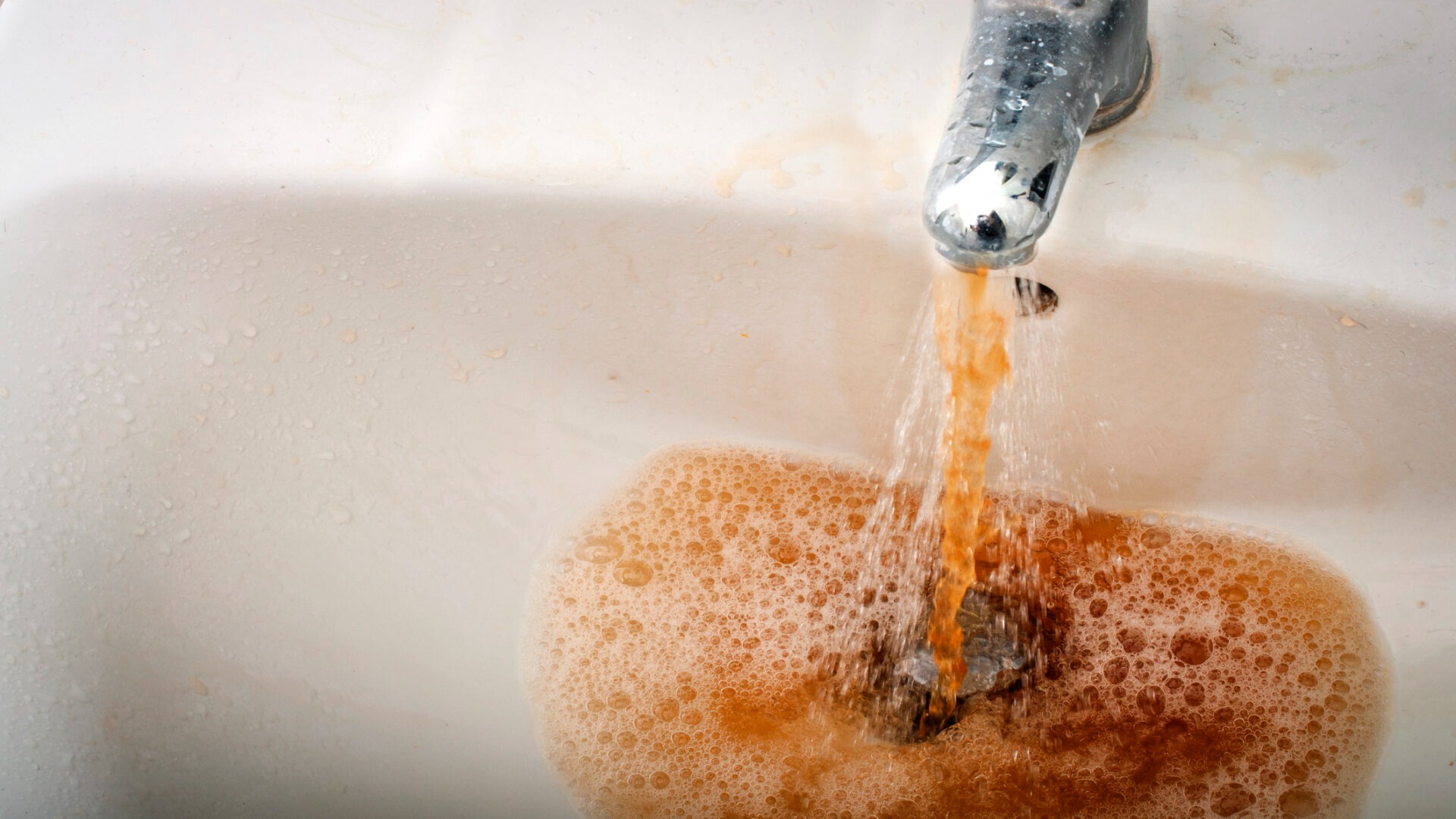
If you notice any of these signs, it’s essential to take prompt action to address the issue and ensure the safety and cleanliness of your water supply.
First, determine where the rust comes from to fix the rusty water problem. Here’s a simple way: turn on an outside tap, like a garden hose, and let the cold water run for a while. If the water is clear after a few hours, the rust will come from inside your house, like your hot water taps or pipes. But if the water is still brown, the rust might come from your water supplier.
One of the simplest fixes? Just let the water run. Turn on all your hot water taps and let them flow for a while. This can help flush out rust and even clear minor blockages. Think of it like rinsing out a dusty old water bottle—sometimes, a good clean is all it takes.
Regular flushing of your pipes helps prevent the accumulation of sediments that could cause rusting in the future. Maintaining a routine of consistent flushing can help safeguard your water supply against recurring issues with rust and blockages, ensuring a safer, cleaner water supply for your home.
If rust primarily appears when you use hot water, your water heater is likely the culprit. The tank can accumulate sediment over time, leading to rust. Regular flushing of your water heater can mitigate this problem, helping to remove sediment and maintain the quality of your hot water supply.
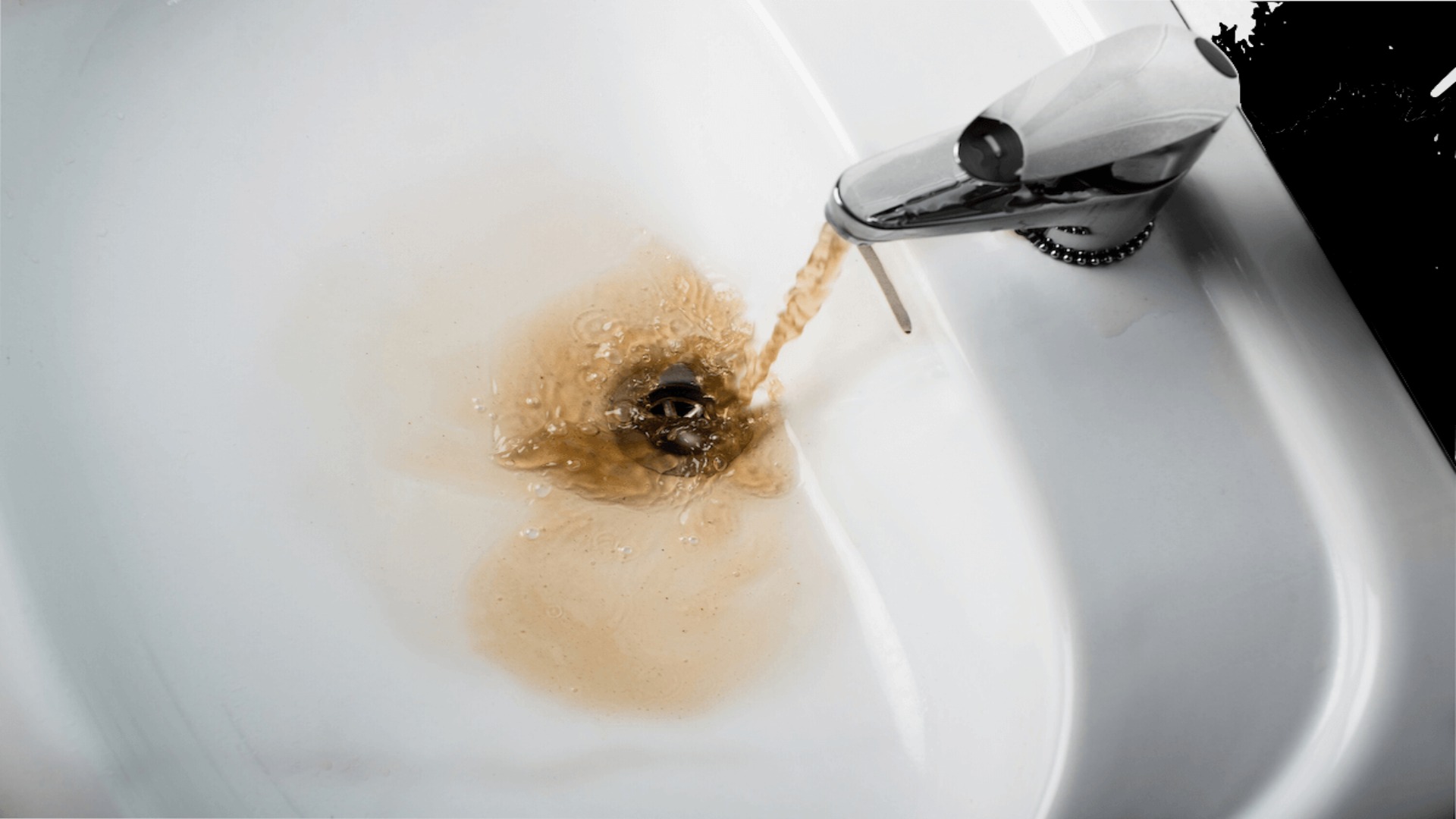
However, remember that water heaters, like any appliance, have a finite lifespan. Replacing your water heater may be the most effective solution if it is old and heavily rusted. Modern water heaters are more energy-efficient and designed to prevent rust and sediment build-up, providing a more reliable and cleaner hot water supply. Always consult a professional to determine whether a repair or replacement is best.
While simple issues like minor pipe rust can often be solved at home, more severe problems like water leaks or a sudden influx of rusty water may require the help of an experienced plumber. Plumbing and water services are equipped to handle these situations and can conduct further investigations to ensure your water supply is safe.
Rusty water isn’t just an inconvenience—it could be a sign of a bigger plumbing issue. While a quick DIY fix might help in some cases, persistent rust could mean it’s time to call in the pros. A professional plumber can pinpoint the problem and make sure your water stays clean, clear, and safe.
Proactively maintaining your home’s plumbing can ensure you enjoy clean, rust-free drinking tap water. If you’re located in the Gold Coast area and are still determining the source of rust in your water or how to address issues with rusted pipes, it’s wise to leave things to chance.
Water quality is crucial for your health and well-being, and our Gold Coast Plumbing Company team is ready to help. Don’t hesitate to contact us today for professional assistance, ensuring you and your family can enjoy clear, safe drinking tap water.